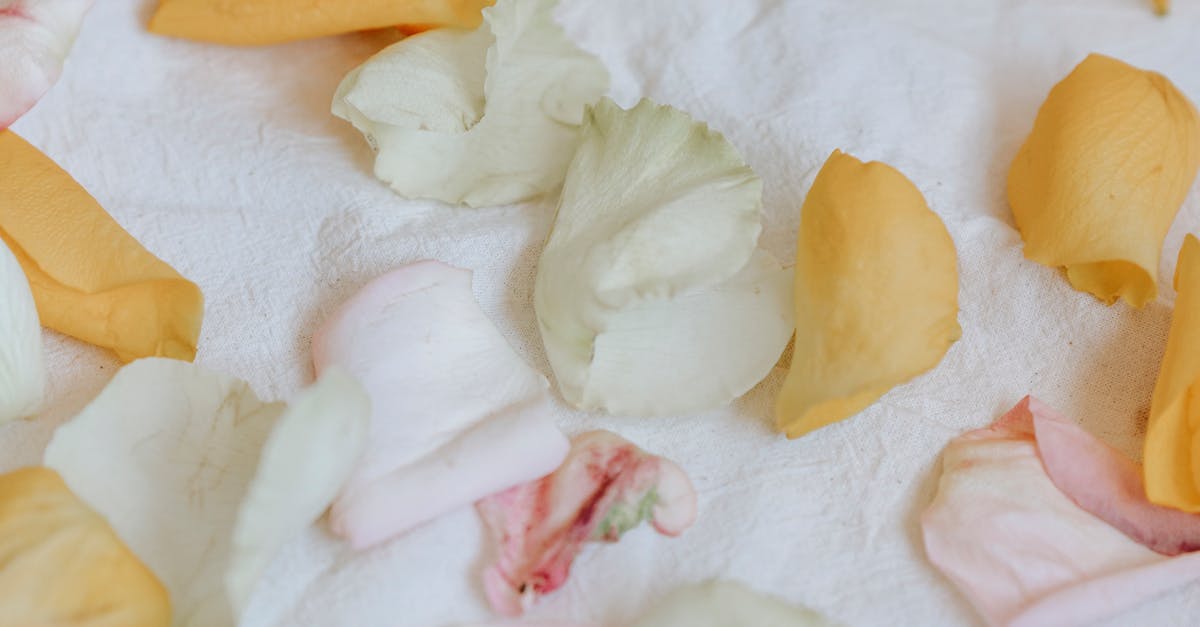Vultures are often misunderstood creatures, playing a crucial role in the ecosystem as scavengers. Their ability to locate carrion is remarkable, and many people are curious about how far these birds can smell death. This article delves into the distance vultures can detect decaying animals, shedding light on their incredible olfactory capabilities.
| Fact | Details |
|---|---|
| Vultures’ Olfactory Sensitivity | Vultures can smell death from several miles away. |
| Species Variation | Different species have varying olfactory strengths. |
| Environmental Influences | Wind direction and weather can affect their ability to smell. |
| Comparison to Other Scavengers | Vultures have a superior sense of smell compared to other scavengers. |
| Behavioral Adaptations | Vultures use their sense of smell to locate food efficiently. |
| Research Studies | Studies have quantified their smelling capabilities. |
| Conservation Importance | Understanding their abilities helps in conservation efforts. |
Vultures’ Olfactory Sensitivity
Vultures possess an exceptional sense of smell, allowing them to detect the scent of decaying flesh from several miles away. Research indicates that these birds can pinpoint carrion from distances of up to three miles in optimal conditions. This remarkable ability is vital for their survival, as it helps them locate food sources in vast and often barren landscapes.

Species Variation
Not all vultures are created equal when it comes to olfactory sensitivity. For instance, the Turkey Vulture is renowned for its keen sense of smell, whereas other species, like the Black Vulture, rely more on their eyesight. The differences in olfactory capabilities among species are fascinating and contribute to their unique foraging strategies.

Environmental Influences
While vultures are equipped with an incredible sense of smell, environmental factors can significantly influence their ability to detect carrion. Wind direction plays a crucial role, as scents can travel in the air and be carried away from the vultures. Rain, temperature, and humidity can also affect the dispersal of odors, impacting how far vultures can effectively smell death.

Comparison to Other Scavengers
Vultures have a notable advantage over other scavengers regarding their sense of smell. Many scavenging animals, such as coyotes and ravens, rely predominantly on their eyesight to locate food. In contrast, vultures can detect the specific odors associated with decomposition, which gives them a significant edge when searching for meals. This unique adaptation allows vultures to thrive in environments where other scavengers may struggle.

Behavioral Adaptations
The ability to smell death has led to various behavioral adaptations in vultures. When they catch a whiff of decay, vultures often exhibit specific flight patterns that direct them toward the source of the scent. This efficient hunting behavior ensures that they can locate food quickly, which is essential for their survival in competitive ecosystems.

Research Studies
Numerous studies have been conducted to quantify the olfactory capabilities of vultures. Researchers have utilized various methods to test and measure how far these birds can smell death. Findings consistently show that vultures are among the most sensitive birds when it comes to detecting the scent of carrion, underscoring their important ecological role as nature’s clean-up crew.

Conservation Importance
Understanding how vultures locate carrion is not just a matter of curiosity; it has significant implications for conservation efforts. As scavengers, vultures play a critical role in maintaining ecosystem health by disposing of dead animals and preventing the spread of disease. Conservationists emphasize the importance of protecting vulture populations, as their decline can lead to ecological imbalances.

FAQ
How far can vultures smell death?
Vultures can smell decaying flesh from distances of up to three miles under optimal conditions. Their keen sense of smell allows them to locate carrion effectively in expansive areas.
Do all vultures have the same sense of smell?
No, different species of vultures exhibit varying levels of olfactory sensitivity. For example, Turkey Vultures are known for their excellent sense of smell, while Black Vultures rely more on their eyesight to find food.
What factors affect a vulture’s ability to smell carrion?
Environmental factors such as wind direction, temperature, humidity, and precipitation can significantly influence a vulture’s ability to detect odors associated with decaying flesh.
Why are vultures important to the ecosystem?
Vultures play a crucial role in the ecosystem by scavenging and disposing of dead animals, which helps prevent the spread of diseases and maintains ecological balance.
How can we help protect vulture populations?
Supporting conservation efforts, reducing habitat destruction, and advocating against the use of poison in agriculture can significantly contribute to the protection of vulture populations and their habitats.
References:
– [U.S. Fish & Wildlife Service](https://www.fws.gov)
– [National Park Service](https://www.nps.gov)
